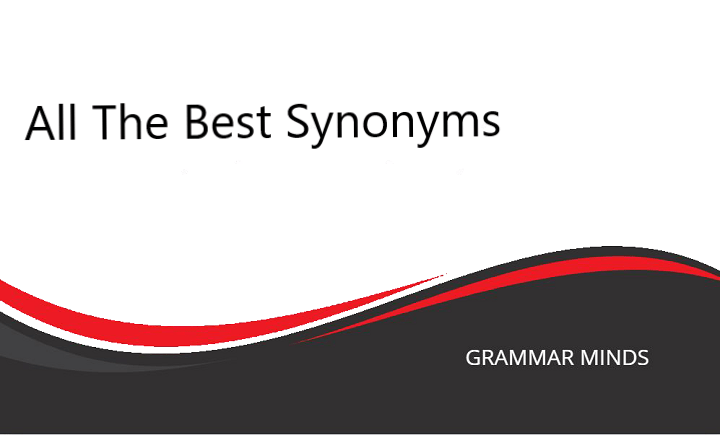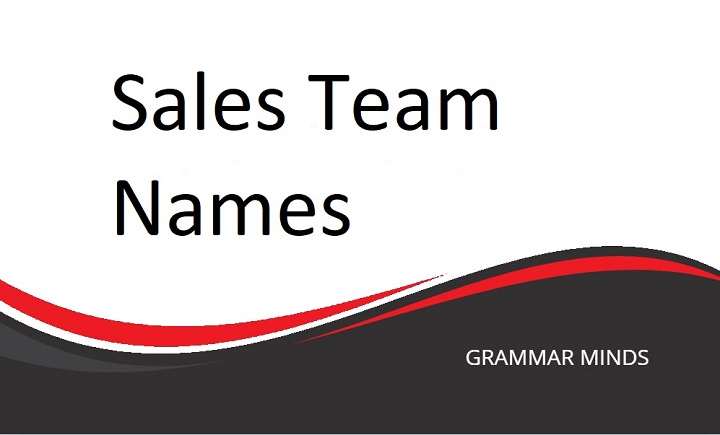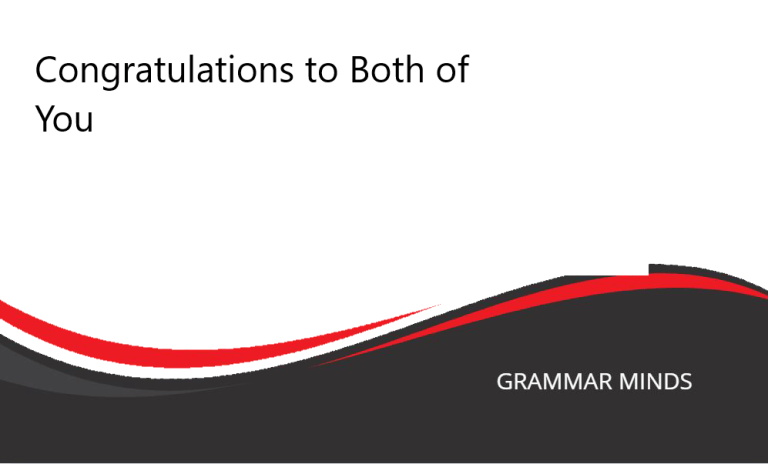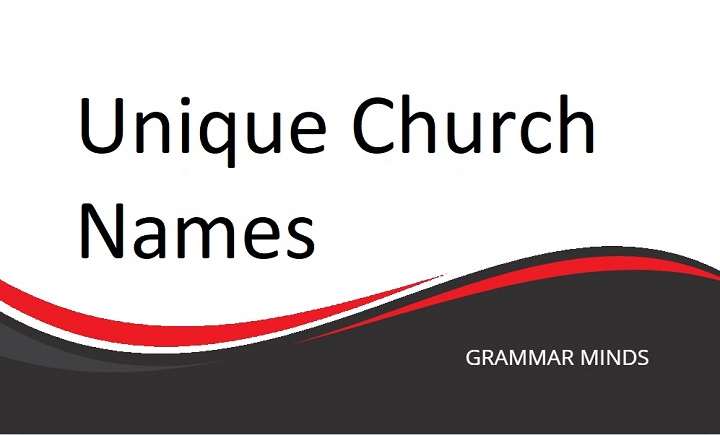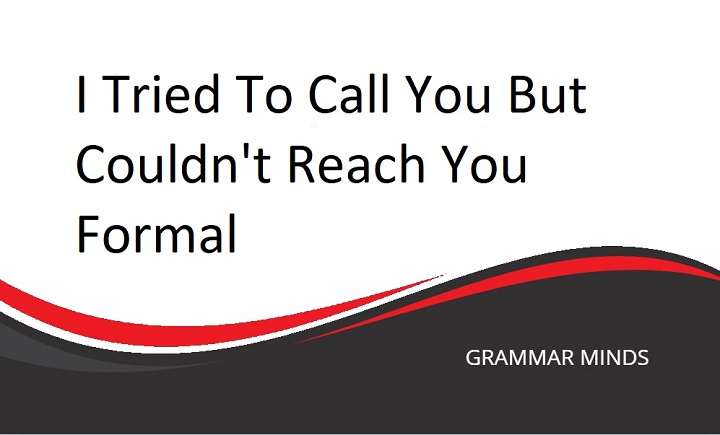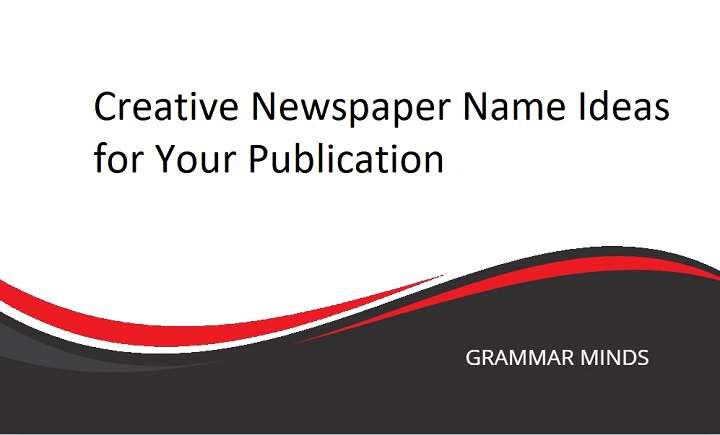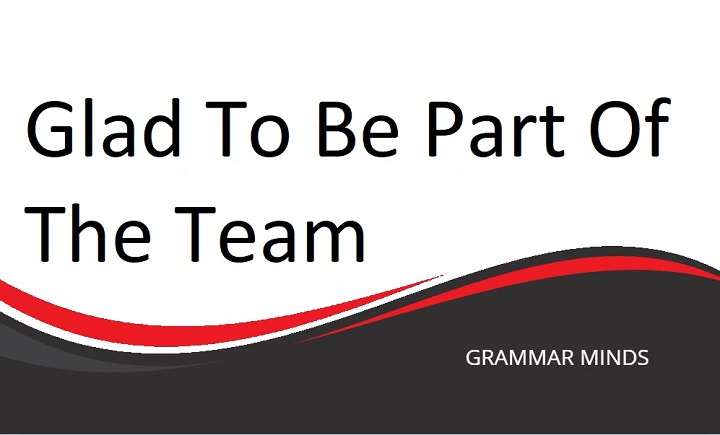Are you finding yourself overusing the phrase “All the Best”? Whether you’re sending a message of encouragement, wishing someone well, or closing a formal email, this common phrase can become repetitive over time.
Do you find yourself using the phrase “All the Best” repeatedly? Have you grown tired of this repetitive expression when communicating in your professional or personal life?
Don’t worry! We’ve compiled a handy list of alternative phrases that you can use to mix things up and sound more varied in your conversations. By expanding your vocabulary, you’ll be able to express good wishes or end notes with a bit more flair and creativity.
Other Ways to Say “All the Best”
Below is a curated list of alternative phrases you can use instead of saying “All the Best.” These phrases can work in various contexts, from professional emails to casual conversations with friends.
Key Notes
The phrase “All the Best” is grammatically correct and suitable for both formal and informal situations. However, it can sometimes feel a bit basic or overused. Using alternatives can give your communication a fresh and personalized touch.
- You can use “Best Wishes” for formal or informal situations, especially in emails or professional messages.
- “Good Luck” is a great informal alternative to “All the Best” for casual conversations, motivational talks, or friendly exchanges.
- Each alternative has its unique context and usage. Keep reading to discover how to use these phrases in both formal and informal situations, and see real-life examples of how they can be applied.
Best Wishes
Usage:
If you’re looking for a more formal way to say “All the Best,” try using “Best Wishes.” This alternative adds a touch of sophistication, making it ideal for professional environments such as emails or meetings. It’s also great for extending warm regards in more personal exchanges like congratulatory messages.
Example (in an email):
Dear [Recipient Name – Emily],
Thank you for your inquiry. I appreciate your attention to this matter and look forward to your feedback.
Best Wishes,
[Your Name – Sarah]
Warm Regards
Usage:
“Warm Regards” is another suitable alternative for formal emails or semi-professional conversations. It conveys a friendly and polite tone, making it a great way to close an email where you want to maintain a warm but respectful demeanor.
Example (in an email):
Hello [Recipient Name – Michael],
I hope you had a great week! Thanks again for your help with the project. Let me know if there’s anything else you need.
Warm Regards,
[Your Name – Alex]
Good Luck
Usage:
A more casual alternative to “All the Best” is “Good Luck.” This phrase works well in conversations where you are speaking to people you are already familiar with, such as friends or family. It’s commonly used to wish someone success or luck before an event or challenge.
Example (in conversation):
Hey [Friend’s Name – Jake],
Thanks for helping me out today! Good Luck with your presentation tomorrow.
I’ll catch you later.
Kind Regards
Usage:
“Kind Regards” is a classic alternative that works well in professional settings. Whether in an email to a colleague or a client, this phrase conveys professionalism while maintaining a friendly and respectful tone.
Example (in an email):
Dear [Recipient Name – Thomas],
I am reaching out regarding the latest updates on our project. Thank you for your continued support.
Kind Regards,
[Your Name – Olivia]
Take Care
Usage:
For a more informal and friendly farewell, you can use “Take Care.” It’s perfect for situations where you want to express concern for someone’s well-being. While still polite, it conveys a more personal touch and can be used in emails or conversations with friends, family, or close colleagues.
Example (in conversation):
Hi [Friend’s Name – Anna],
It was great catching up with you! Let’s talk again soon. Take Care!
Talk soon!
Farewell
Usage:
When you’re saying goodbye for a more extended period, “Farewell” is a fitting alternative. It’s more formal and typically used when parting for longer stretches of time or in professional contexts, such as retirement messages or formal goodbyes.
Example (in a formal letter):
Dear [Recipient Name – Mr. Johnson],
As I prepare to retire, I want to extend my deepest gratitude for your guidance over the years. Farewell, and best of luck in your future endeavors.
Best regards,
[Your Name – David]
Sending Positive Thoughts
Usage:
For a supportive and empathetic alternative, you can use “Sending Positive Thoughts.” This phrase is especially great for conversations where someone might be going through a tough time or needs encouragement.
Example (in a text message):
Hey [Friend’s Name – Mary],
I know you’ve been dealing with a lot lately. Just wanted to let you know I’m Sending Positive Thoughts your way. You’ve got this!
Wishing You Well
Usage:
Another versatile alternative to “All the Best” is “Wishing You Well.” It’s a great phrase to use in both personal and professional contexts. This phrase works particularly well in situations where you want to send good wishes in a more heartfelt manner.
Example (in a conversation):
Hi [Friend’s Name – John],
I heard about your new job—Wishing You Well in this exciting new chapter! Let’s celebrate soon.
Godspeed
Usage:
A slightly more formal and unique way to say “All the Best” is by using the phrase “Godspeed.” This phrase carries a more traditional and slightly old-fashioned charm but is still commonly used to wish someone success or safety in their journey or endeavor.
Example (in conversation):
Hey [Friend’s Name – Sam],
It’s going to be a big move, but I know you’ll do great. Godspeed on your new adventure!
Have a Great Day
Usage:
For a friendly and upbeat alternative, try using “Have a Great Day.” This phrase is perfect for everyday interactions, whether you’re closing a conversation or finishing an email. It’s informal, yet polite, making it appropriate in most casual and professional settings.
Example (in conversation):
Hi [Friend’s Name – Rachel],
Thanks for grabbing lunch today! Have a Great Day, and we’ll catch up soon.
Is It Correct to Say “All the Best”?
Yes! “All the Best” is grammatically correct and suitable for both formal and informal settings. It’s a versatile phrase that can be used in professional emails, conversations with colleagues, or casual chats with friends. However, to avoid sounding repetitive, using synonyms like the ones we’ve listed above will help you mix up your language and sound more varied in your communication.
You can also try slight variations of this phrase, like the following:
- All the very best
- Best of luck
- Wishing you all the best
Also Read:
Top Alternatives to “Experience” for Your Resume
In conclusion, “All the Best” is a perfectly acceptable and grammatically correct phrase, whether you’re using it in a formal or informal setting. However, the alternative phrases provided in this article will help you diversify your vocabulary and communicate more effectively in different contexts. Whether you’re sending a professional email or wishing a friend luck, these synonyms will keep your conversations fresh and engaging.

